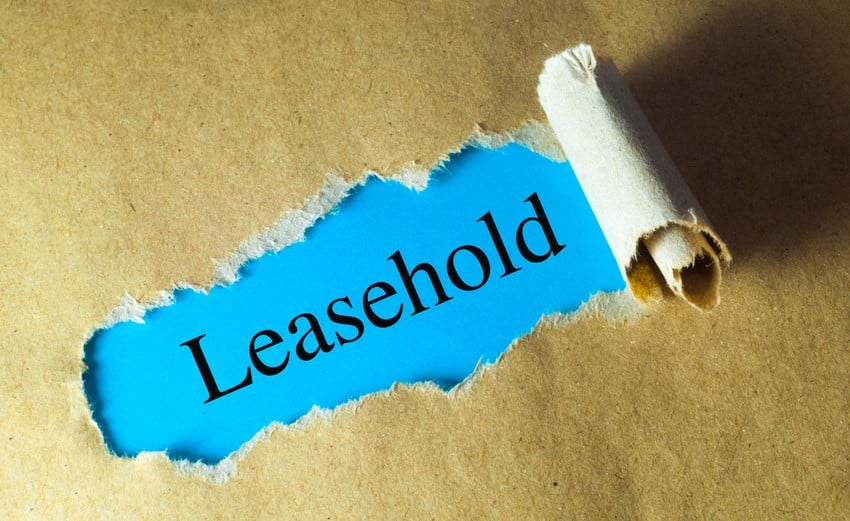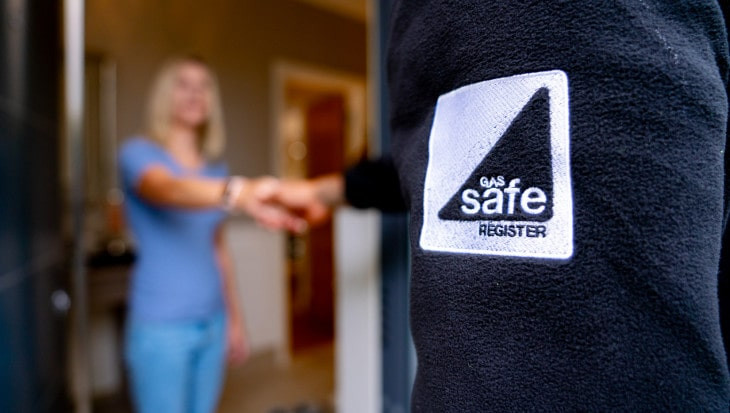To extend your leasehold, ensure you meet the qualification criteria by owning the property for at least two years with your name on the title deeds. You can then request your landlord to extend the lease.
For flats, you might qualify for an additional 90 years, and for houses, it could be 50 years. Negotiate any necessary changes with your landlord; if you can’t reach an agreement, seek guidance from the Leasehold Advisory Service.
Terminating the lease is uncommon, but if needed, you can usually give one month’s notice. Be sure to follow the proper procedures to secure your lease extension effectively.
What is Leasehold Property?
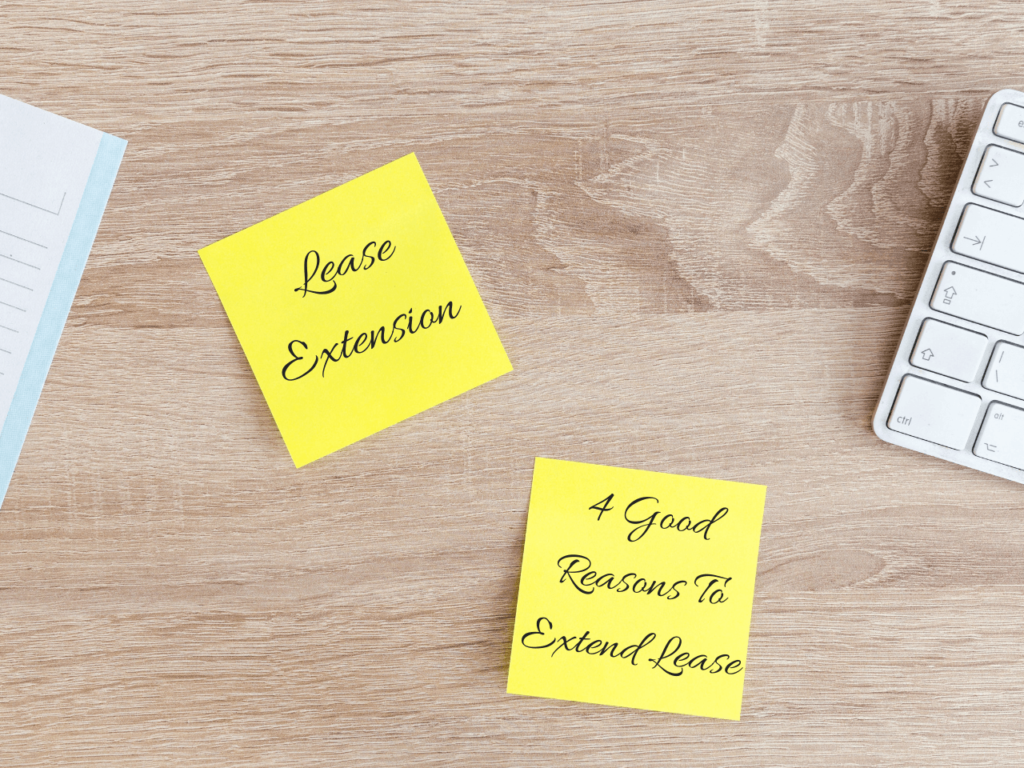
Leasehold property means you own the right to occupy a property for a fixed period of time, but you don’t own the land it sits on. This period is specified in the lease agreement, which outlines your rights and responsibilities as a leaseholder.
The land is typically owned by a freeholder or landlord. Leasehold arrangements are common for flats, apartments, and some houses, especially in urban areas.
While you have the right to use and enjoy the property during the lease term, ownership reverts to the freeholder when the lease expires.
What are The Reasons to Extend Leaseholds?
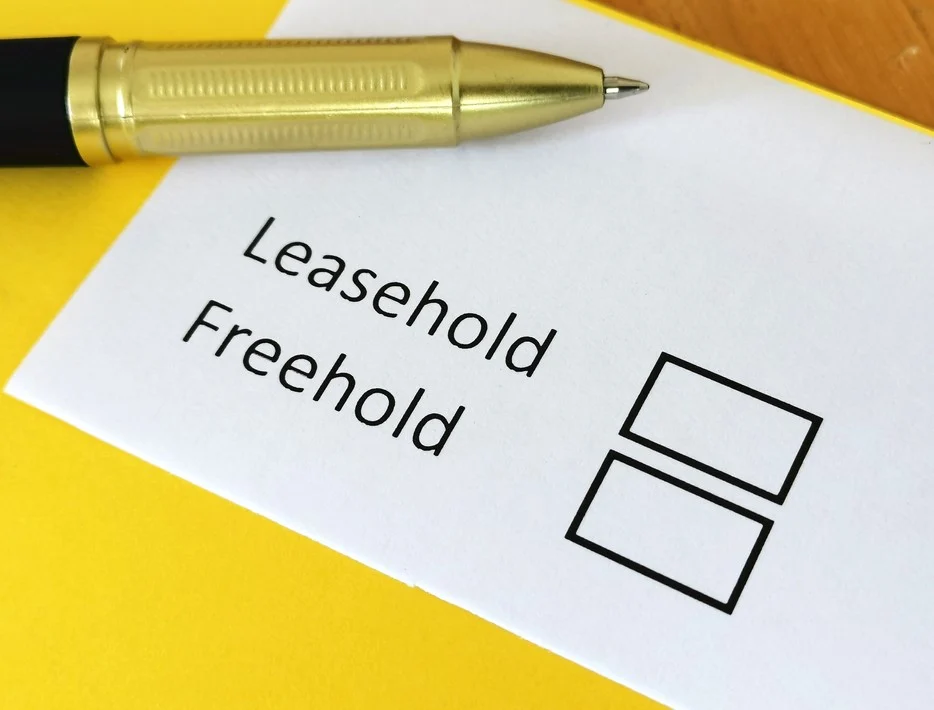
Extending leaseholds helps homeowners stay in their homes for a long time, makes their property worth more, and makes it easier to sell, letting homeowners keep control and feel safe in their homes. Let’s have a deeper look at the reasons for extending a leasehold in more detail
Desire for Long-Term Residency
Extending your lease provides security and stability. It ensures that you can continue residing in your property without the looming threat of lease expiration.
If you love your current home and neighborhood, extending the lease allows you to maintain your long-term residency. Moving can be disruptive and emotionally taxing.
For families, a longer lease ensures that future generations can inherit and enjoy the property.
Increasing Property Value
A longer lease makes your property more attractive to potential buyers. Buyers often view properties with extended leases as equivalent to freehold ownership.
Mortgage lenders prefer properties with longer leases. Extending the lease ensures that you can secure financing when buying or remortgaging.
A property with a lengthy lease commands a higher market value. It’s an investment in your financial future.
Avoiding Complications During Property Sale
Properties with short leases can be challenging to sell. Buyers may hesitate due to uncertainty about lease renewal costs.
Extending the lease streamlines property sales. Buyers feel more confident, and the process becomes less complicated.
Without a lease extension, the property reverts to the freeholder at lease expiry. Extending the lease prevents this outcome.
How to Extend Leasehold?
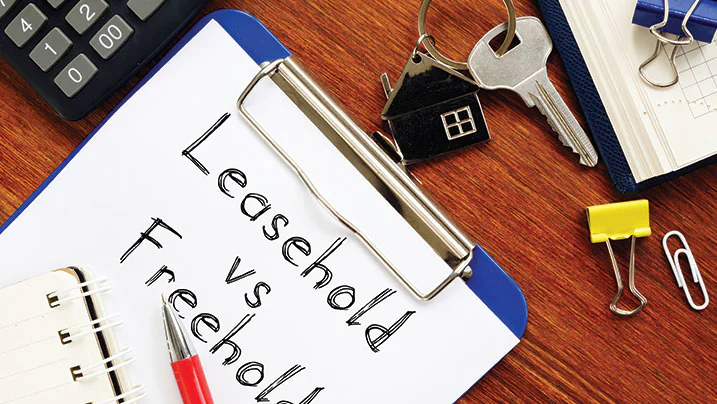
Let’s take a look into the lease extension process, covering each aspect in detail
Initial Assessment of Lease Terms
Begin by reviewing your existing lease. Note the remaining years, ground rent, and any other terms. This assessment helps you determine whether extending the lease is beneficial.
Ensure you meet the eligibility criteria (e.g., owning the property for at least two years). Identify the “competent landlord” (usually the freeholder) who has the authority to grant the extension.
Identifying the Landlord and Initiating Communication
Find out who owns the freehold (landlord). This information is crucial for serving the necessary notices.
Serve the Tenant’s Notice to the landlord. This formal document initiates the lease extension process. It specifies your intention to extend the lease and outlines key details.
Legal and Financial Considerations
Appoint a solicitor and a surveyor experienced in lease extensions. They guide you through the legal and valuation aspects.
The landlord is entitled to a premium for extending the lease. The calculation follows a formula set out in the Leasehold Reform Housing and Urban Development Act 1993. Understand the costs involved.
Ensure you have the necessary funds to complete the procedure. The premium, legal fees, and surveyor costs must be considered.
Negotiation and Agreement Terms
While the statutory route provides a framework, you can still negotiate terms with your landlord. Be prepared for discussions on ground rent, lease length, and other conditions.
If no agreement is reached, proceed with the statutory process. This involves deadlines, information requests, and adherence to prescribed steps.
What are the Benefits of Extending Leasehold?
Extending a leasehold offers several advantages. Extending the lease enhances your property’s marketability. Buyers view extended leases as equivalent to freehold ownership, making your property more attractive.
Extending will reduce or eliminate ground rent, saving you ongoing costs.
You can continue residing in your home without the uncertainty of lease expiration.
Moreover, extending allows the negotiation of lease terms, ensuring fairness and flexibility.
Also, A longer lease makes selling your property smoother and more appealing to buyers.
What are Alternatives to Extending the Leasehold?
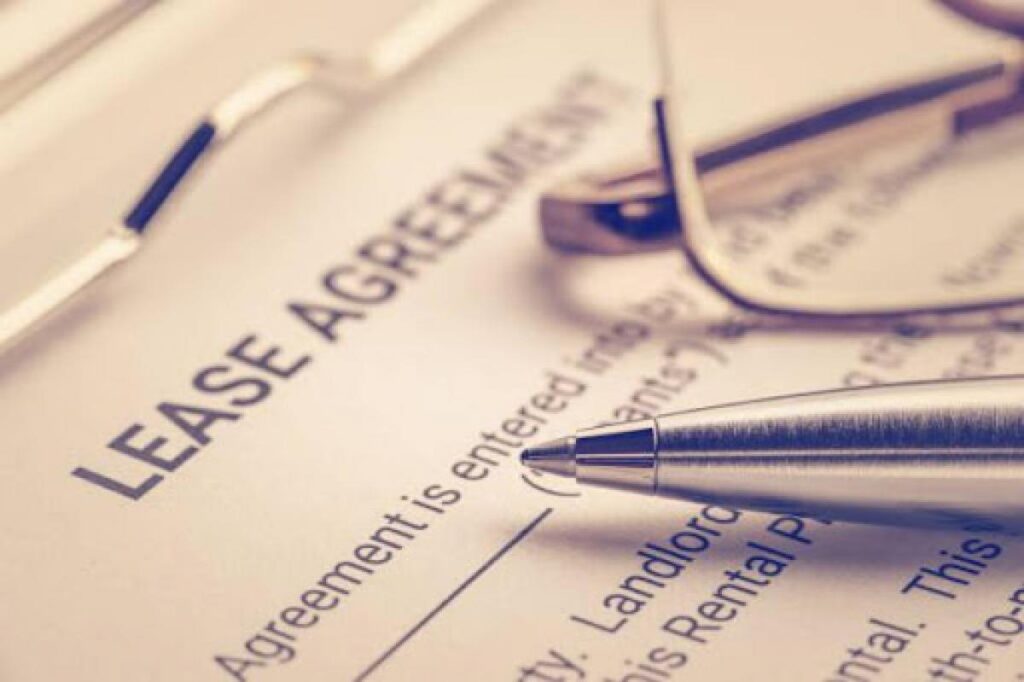
Extending a leasehold can vary in cost, but here’s a breakdown of what you should know. Currently, extending a lease can be expensive, ranging from thousands to even tens of thousands of pounds.
Factors that influence the cost include how long the lease has left, the ground rent, and the value of the property. Proposed changes to legislation may impact future lease extensions.
These changes include giving all leaseholders the right to extend their lease by 990 years and potentially abolishing the charge known as ‘marriage value’, which is shared with the freeholder for leases under 80 years.
Additionally, some leaseholders may no longer be responsible for covering the freeholder’s legal and valuation fees.
For example, extending the lease on a flat with 80 years remaining and expected to be worth £400,000 could cost between £7,000 to £10,000, plus any extra expenses.
FAQ
Is it difficult to extend a lease?
Extending a lease can be complex and stressful. However, recent government reforms aim to make it easier and cheaper for leaseholders. The process varies based on factors like lease length and ground rent.
What are the disadvantages of extending a lease?
Some downsides include potential extension fees, non-reset residual value, and missed future deals. Also, your gap insurance and vehicle warranty may expire during the extension period.
When should I extend my lease?
It’s advisable to extend before your lease drops below 80 years. At that point, marriage value kicks in, making it more expensive. Consider extending when you’re ready to think about financing or leasing a new property.
How is lease extension calculated?
The cost depends on factors like property value, remaining lease years, ground rent, and improvements. Specific formulas and provisions apply, especially for real estate. Seek professional advice for accurate calculations
Final thoughts
Extending your leasehold involves meeting eligibility criteria, initiating communication with your landlord, and considering legal and financial aspects. Benefits include enhanced property value, long-term residency security, and simplified property sales.
It’s important to understand the process thoroughly and seek professional advice for a smoother and more beneficial extension experience.

